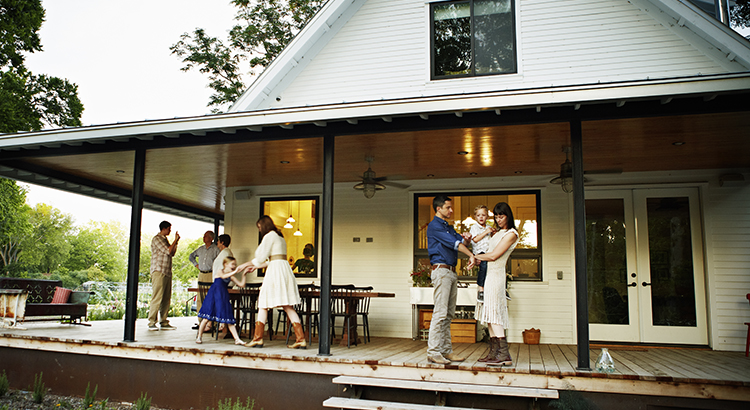Is Spring The Best Time To Sell Your Home?
 Spring is often heralded as the prime season for selling a home, and for good reason. As the cold grip of winter loosens and flowers begin to bloom, both buyers and sellers emerge from hibernation, ready to engage in the bustling real estate market. But is spring truly the best time to sell your home? Let's delve into the factors that make spring an attractive season for sellers and explore whether it holds up against other times of the year.
Spring is often heralded as the prime season for selling a home, and for good reason. As the cold grip of winter loosens and flowers begin to bloom, both buyers and sellers emerge from hibernation, ready to engage in the bustling real estate market. But is spring truly the best time to sell your home? Let's delve into the factors that make spring an attractive season for sellers and explore whether it holds up against other times of the year.
One of the most compelling reasons spring is considered ideal for selling a home is the increase in buyer activity. After months of cold weather, potential buyers are eager to get out and start their home search. The pleasant weather makes house hunting a more enjoyable experience, leading to higher foot traffic at open houses and more showings. This surge in buyer interest can create a sense of urgency, often resulting in multiple offers and potentially higher sale prices.
Additionally, homes tend to look their best in spring. Gardens are in full bloom, lawns are lush and green, and natural light floods through windows, making properties appear more inviting. Curb appeal plays a significant role in attracting buyers, and spring's vibrant scenery can enhance a home's exterior charm. Sellers can capitalize on this by ensuring their landscaping is well-maintained and adding colorful flowers or plants to create an enticing first impression.
The timing of spring also aligns with key life events that motivate people to move. Families with school-aged children prefer to relocate during spring or early summer to minimize disruption to their kids' education. This timing allows them to settle into their new homes before the next school year begins. Additionally, many companies initiate job transfers or new hires around this time, leading to increased demand from relocating professionals.
Real estate news consistently shows that inventory levels tend to rise in spring as well. More homes on the market mean more options for buyers but also more competition for sellers. While increased inventory might seem like a drawback, it can actually work in favor of sellers if they position their homes correctly. Pricing competitively, staging effectively, and marketing strategically can help a property stand out even in a crowded market.
However, it's important not to discount other seasons entirely. Each has its own set of advantages depending on individual circumstances. For instance, while summer continues the momentum of spring with high buyer activity, fall offers serious buyers who are often motivated by end-of-year deadlines or tax benefits. Winter might see fewer buyers overall but those who are looking tend to be highly motivated.
Ultimately, the best time to sell your home depends on various factors including local market conditions, personal timelines, and specific goals. Consulting with a knowledgeable real estate agent can provide valuable insights tailored to your situation. They can analyze current market trends, evaluate your property's unique features, and recommend the optimal timing for listing your home.
In conclusion, while spring holds numerous advantages for selling a home—such as increased buyer activity, enhanced curb appeal, and alignment with key life events—it's not universally the best time for everyone. By understanding the dynamics of each season and working closely with a real estate professional, you can make an informed decision that maximizes your chances of a successful sale regardless of when you choose to list your property.
Categories
Recent Posts










